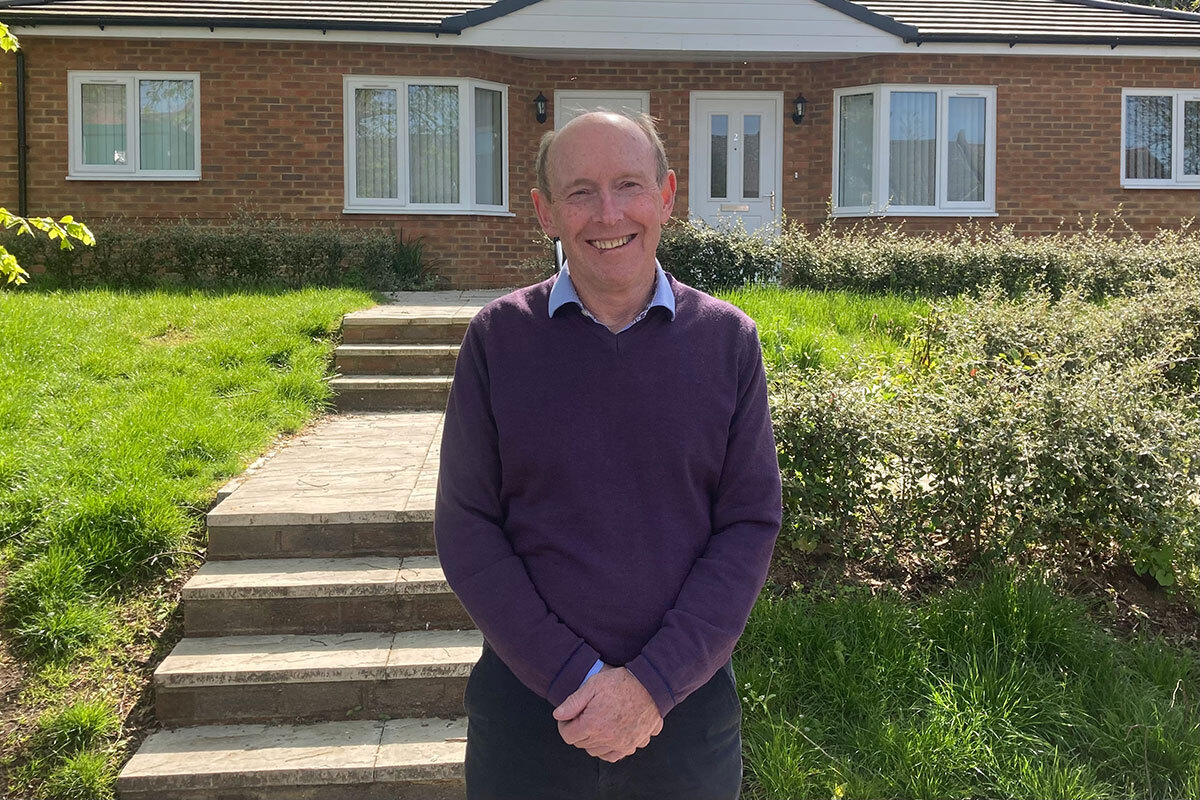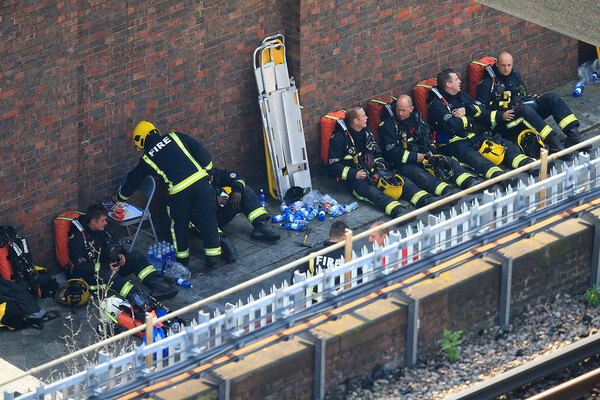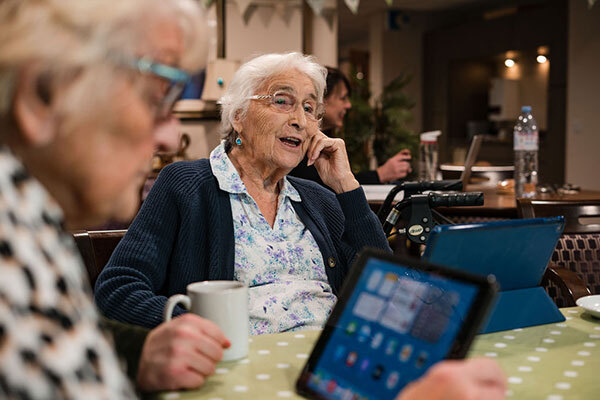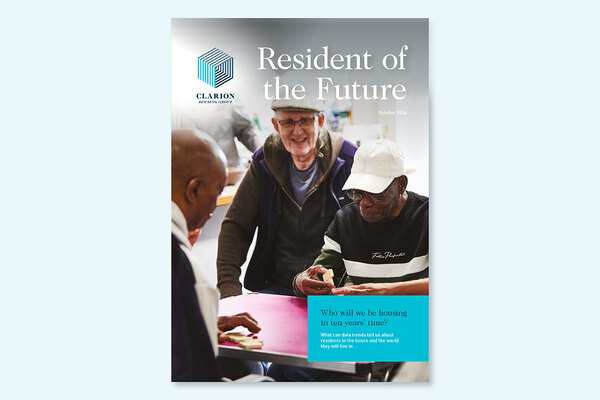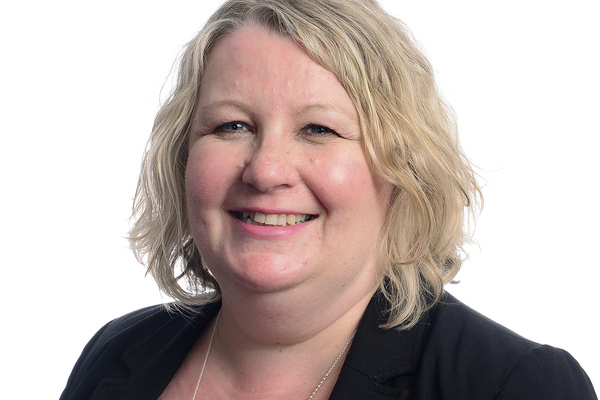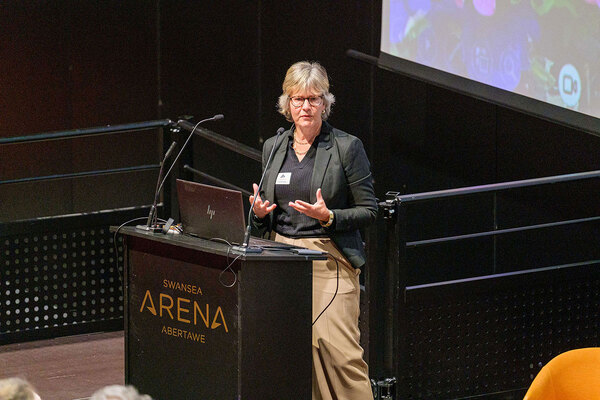You are viewing 1 of your 1 free articles
Homes for Cathy revises pledges with new focus on equality
Homes for Cathy has revised its campaign pledges with a new focus on equality and working with people with experience of homelessness.
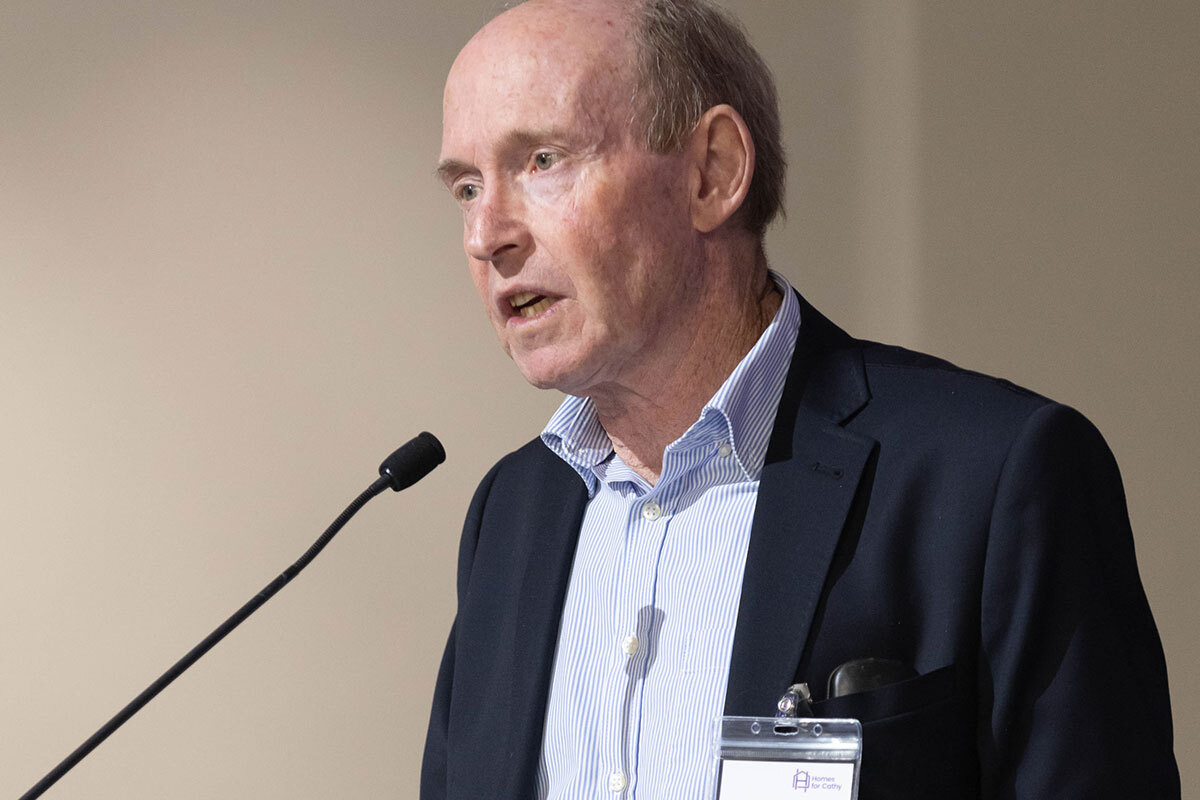
The pressure group, which includes several housing association chiefs and charities, has unveiled a new commitment to “understand and remove” barriers that disadvantage some people with a background of homelessness from accessing social housing.
These include people from ethnic minority backgrounds, the LGBTQ community and migrants.
In addition, the group is now urging its members to work with people “with lived experience of homelessness” to provide homes and services that meet the needs of homeless people.
Other new pledges called for more detailed monitoring of allocations to homeless households, support to maintain ‘at risk’ tenancies and support for previously homeless tenants to access the “essential items they need to make their property a home”.
Homes for Cathy was founded in 2016 by a group of housing associations to lobby the government on homelessness on the 50th anniversary of Ken Loach’s BBC film Cathy Come Home.
The group launched its commitments in 2018, which were developed with homelessness charity Crisis and designed to be a framework for housing associations to measure their efforts to end homelessness.
Currently, more than 90 housing associations and around 30 affiliated homelessness charities have joined Homes for Cathy and signed up to the pledges.
The group’s board of directors includes the chief executives of housing associations Hightown, Broadland Housing, BCHA, South Yorkshire Housing Association and Wandle, as well as a senior officer from Crisis.
David Bogle, chair of Homes for Cathy, said: “Six years since we launched the original Homes for Cathy commitments, we felt the time was right for an update to better reflect how our members are using them, make clearer some of the core aims and set some new objectives to underpin what housing associations need to do to play their part in ending homelessness.
“We recognise that housing associations face competing challenges, from high inflation and higher borrowing costs, through to stronger consumer regulation, requiring difficult trade-offs. Yet, amid this backdrop, we believe housing associations still can – and should – make it a strategic priority to tackle homelessness.
“The updated Homes for Cathy commitments provide a simple set of homelessness KPIs [key performance indicators] that any housing association can adopt and by which their board can hold them to account.”
Official figures showed that nearly 45,000 households in England were assessed as homeless in the three months to December 2023, up 16% from just under 39,000 during the same period in 2022.
Sign up for our homelessness bulletin
Already have an account? Click here to manage your newsletters
